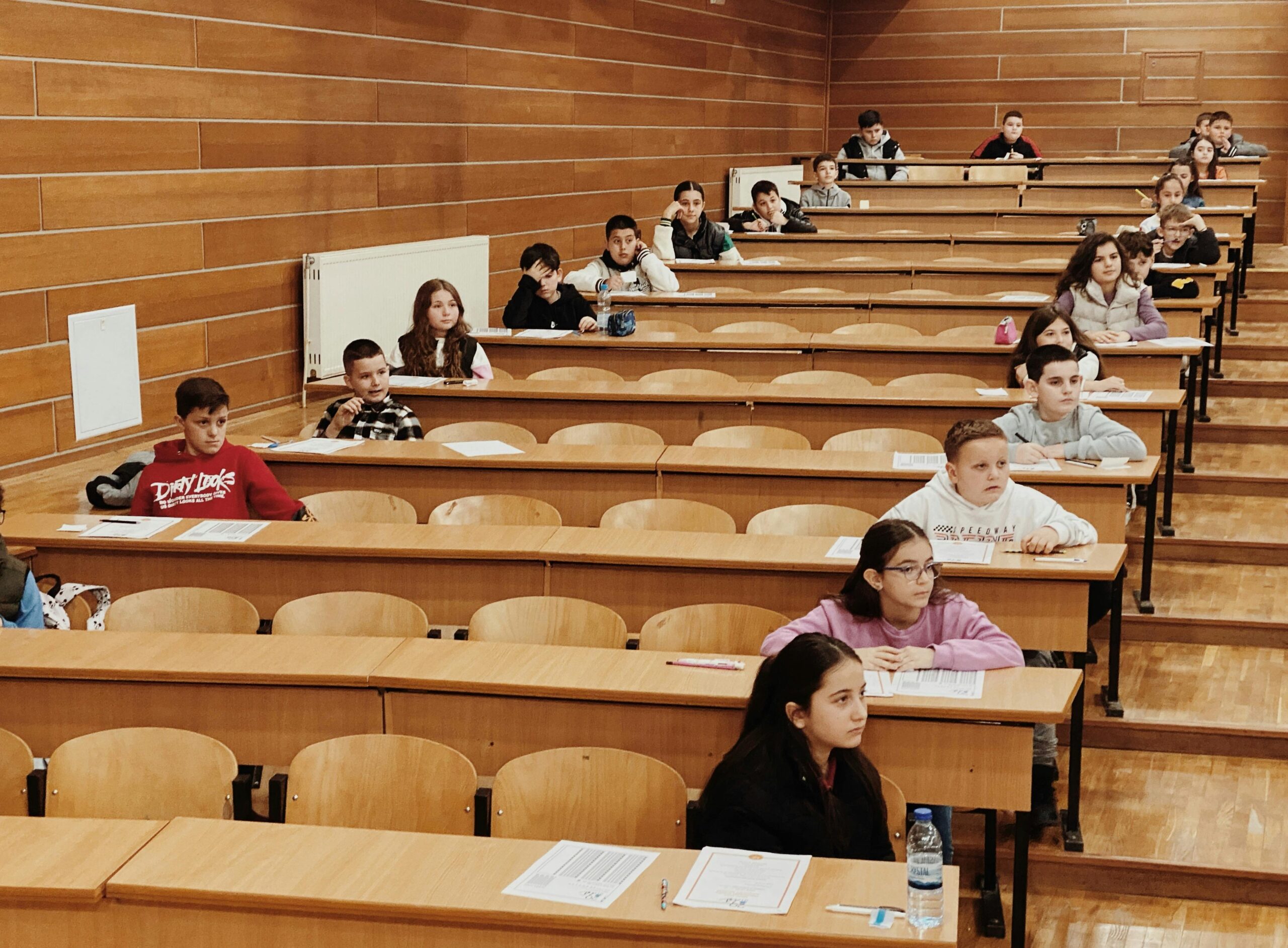Every month, I make a short video that we post on our social media. These are mostly to promote the school, but also to provide some guidance for parents and teachers. A few months ago, I did a video on young learner exams, and how they are interpreted. Quite a few school owners and examiners messaged me saying they disagree with what I had said. Now, I was quite happy that they were actually watching the videos, but felt many had missed the point of what I was saying. So, with the full intention of being somewhat confrontational, this blog is a summary of the points in that video, and a response to people who had messaged me.

The cooking test
Imagine there was a cooking test for young learners. And they had to make breakfast. At level 1, that might be a boiled egg and a slice of toast. At level 2, scrambled eggs and a fried egg, sunny side up. At level 3, a fried egg easy over, an omelette, and fried mushrooms and tomatoes, and at level 4, let’s just settle for Eggs Benedict, only because I can’t make them.
At level 1, they get the water boiling, get the toaster over ready, put everything in the right place, and start their timer. But, the toast is a little darker than it should be, and the egg, although well cooked, breaks when they peel it. They get 11/15 ‘plates’ on their certificate (yes, I am intentionally referring to plates here as the most popular YLE exam uses 15 shields). The parents or teacher feels that is insufficient and they need to redo the level. Because, you see, the egg cannot break, and the toast has to be perfect. The kid is super excited, because they want to learn how to make scrambled and a fried egg, but no. They can’t. They have failed, even if they didn’t.
And that is exactly what I sometimes see in schools that use YLE exams. The Cambridge exams are very popular in Taiwan, hence my reference to the 15 shields, but I will start with this and BOLD it: none of this misinterpretation of scores or insistence or perfection comes from Cambridge Assessment. None of it. Hence this blog.

Do I trust my teacher, or do I trust the Cambridge score?
Every teacher that I employ is very well-trained, educated, and experienced. Some of them better than I am. So, if a teacher that has taught a kid for a year tells me their speaking is good for A2, and they get 3/5 shields, I trust my teacher. It is more likely that their examiner was having a bad day, or the kid was overly stressed, or they ran into a word they didn’t know early in the test and it distracted them, or something else entirely. And if the teacher is concerned about their speaking, but they end up getting 5/5 shields, I assume they got lucky with the topics in the test, or the examiner was perhaps a little generous, or likely a combination of both. Does that mean I don’t trust the Cambridge exams? Absolutely not. I trust them, but I trust 100 hours with a qualified person over 7 minutes with a qualified person. And honestly, so should you.
A further point here is the insistence of some private schools, both here in Taiwan and in other countries, to insist, for example, that a student gets 15 shields on a Flyers exam, before they can be accepted into the school. So, some students get 14 and then they have to retake the exam. I honestly don’t understand why. The difference between the two could be minute.
Why test at all then?
As much as I think a ‘Good job!’ from a teacher can go a long way, as a kid, a certificate from Cambridge trumps that. Almost any day of the week. It is a reward for a year or two of hard work. And the important thing is that the reward is a motivation for the child as much as it is an indication of how they performed individually on a test. But the real purpose of YLE exams is to get them used to proficiency tests in a child friendly environment. Not to use it as a pass/fail to hold them back a year tool. Now, you could turn it into that, and many schools do. But why? Is it not much more important early on to have proper support measures in place and base moving onto a next level on a teacher assessment rather than a test that could be over in 45 minutes? Surely, the motivational factor is much more important that their ability to spell helicopter or trousers (two pretty tricky words at the Pre-A1 Starters level if you use the exams).
How long should we prepare them for it?
The most common counter to my video was, then you should prepare them for longer so everyone in the class gets 15 shields. But why? Why does everyone in the class have to get 15 shields? If you go back to the cooking test, how many times can you cook a boiled egg before you dream of scrambled eggs? And why are you being held back because everyone in your class has to get the boiled egg perfect? Because, in my 2 decades of experience raising kids, the first few boiled eggs are pretty disastrous once they are on their own. But by the time they start making omelettes, the boiled eggs are near perfect. Because eventually, they just get it right. And English is the same. They confuse ‘b’ and ‘d.’ It goes away. They can’t spell well. It gets better. They struggle with reading. It gets better. Just trust the process. Please stop spending 3 years preparing students for a level. It does not make them any better, and in fact it holds them back.
That score that you and the parents care about so much is not for you. It is for them. It is for that child. It is to tell them they can kind of make a boiled egg. They can speak a little bit of English. They are at least somewhat ready to venture into scrambled eggs or to start producing longer utterances, or write sentences, or a simple story. The don’t have to be able to spell every single word on the pre-A1 list correctly before you let them write a sentence.

Looking forward
Children should be rewarded for the time they have to sit in class. For the time they spent practicing English. Their good results are to be celebrated with them and by them. Not by us at their expense. Their bad results still lead to a certificate. We should of course identify areas to work on, but we should not need a certificate to do that. The reward is theirs. Not yours.




